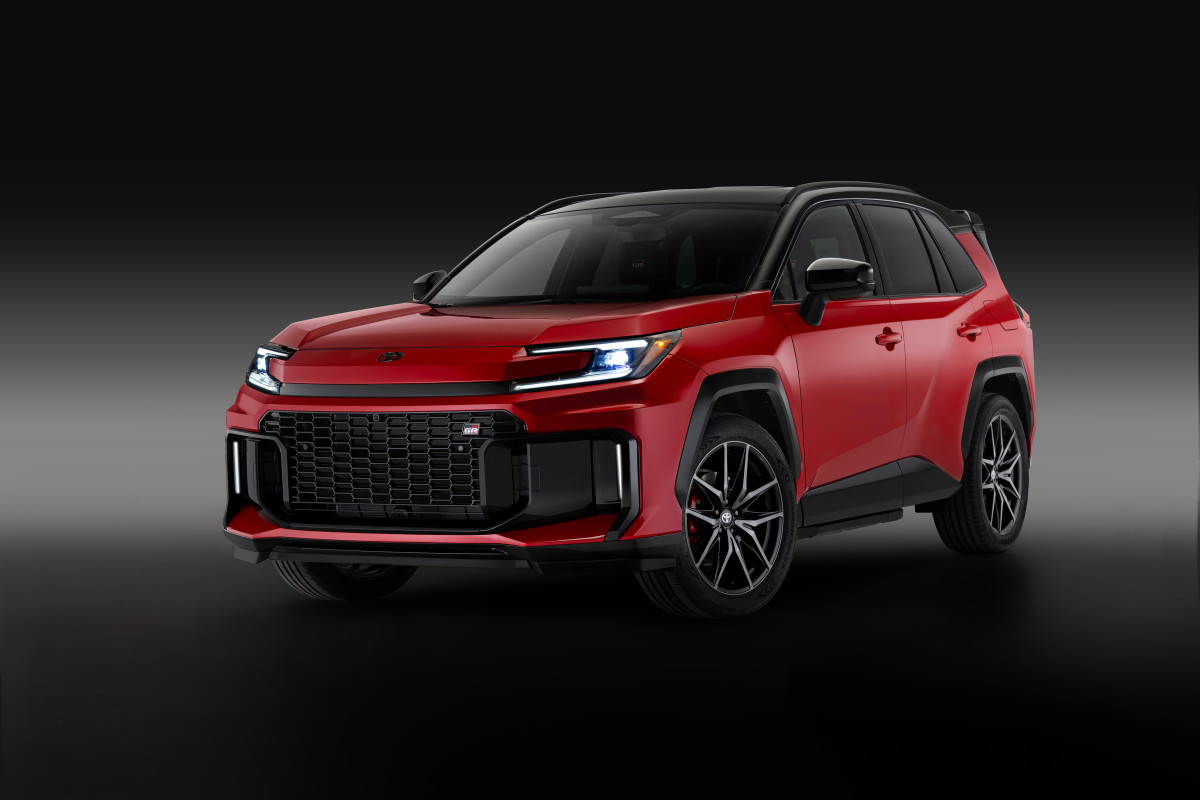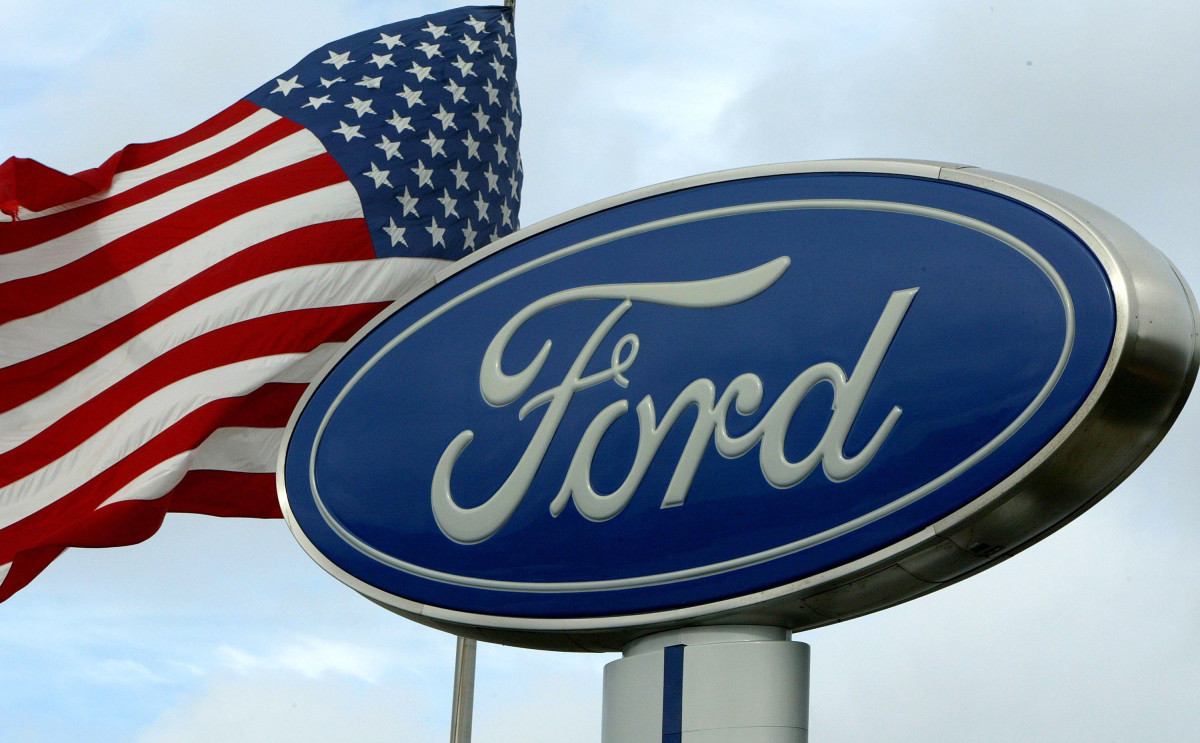Domestic Production Isn’t Helping The Blue Oval
Ford joined the list of automakers reporting dour financial results due to President Donald Trump’s tariffs. In an earnings call Wednesday, CEO Jim Farley said the automaker was expecting a $2 billion tariff bill, and went on to claim in a separate interview that the Trump Administration’s policies would benefit Ford’s Japanese rivals.
“Our tariffs bill is $2 billion, and that’s a net number,” Farley said. The Ford CEO also said he expected automakers to adopt a regional rather than a globalized strategy going forward because of the combined effect of tariffs, the rise of electric vehicles, and new emissions regulations, Business Insider reported. The Trump Administration’s rollback of EV incentives and environmental regulations will create a disparity between the U.S. and other major car markets like Europe and China.
“We are increasingly seeing Europe, North America, and Asia becoming kind of regional businesses with tariff rates that are aligned for those three or four regions,” Farley said. “This is quite a fundamental change.”
Farley Thinks Japanese Automakers Got A Better Deal

Ford has claimed at that was much as 80% of its U.S. volume is domestically-assembled, but Farley still thinks the automaker is at a disadvantage compared to some foreign firms. In an interview with Bloomberg published the same day as the earnings call, he said Trump’s reduced tariffs for Japan would give automakers from that country a “meaningful” advantage.
Trump recently lowered tariffs on Japanese automotive imports from 25% to 15%—the same as rates for cars assembled in the European Union going forward. Farley said lower labor costs and favorable exchange rates could mean that a Kentucky-built Ford Escape costs $5,000 more than a Toyota RAV4 assembled in Japan, while a Michigan-built Ford Bronco could be $10,000 pricier than a Toyota 4Runner, which is also built in Japan.
Farley told Bloomberg that Ford is working with the Trump Administration to “minimize our tariff expense so that we can get more competitive,” but threatened that “the bottom line is our plan at Ford is not to compete in those commodity segments.”
Auto Industry Feels Tariff Pressure
Getty
Industry analysts have raised concerns about massive tariffs since Trump first proposed them as a candidate in the 2024 presidential election, but the past few weeks have made their impact apparent.
As automakers reported their first-half financial results, an evaporation of profits caused by tariff bills was a common theme. The Volkswagen Group, for example, reported that its profits were down by a third in the second quarter, from the same period a year earlier, despite increased sales.
Recently-concluded trade deals with both the European Union and Japan likely won’t help matters. Both drop tariffs on cars from 25% to 15%, but in the case of the EU, that’s still much higher than the 2.5% tariff in place before Trump’s return to the White House.